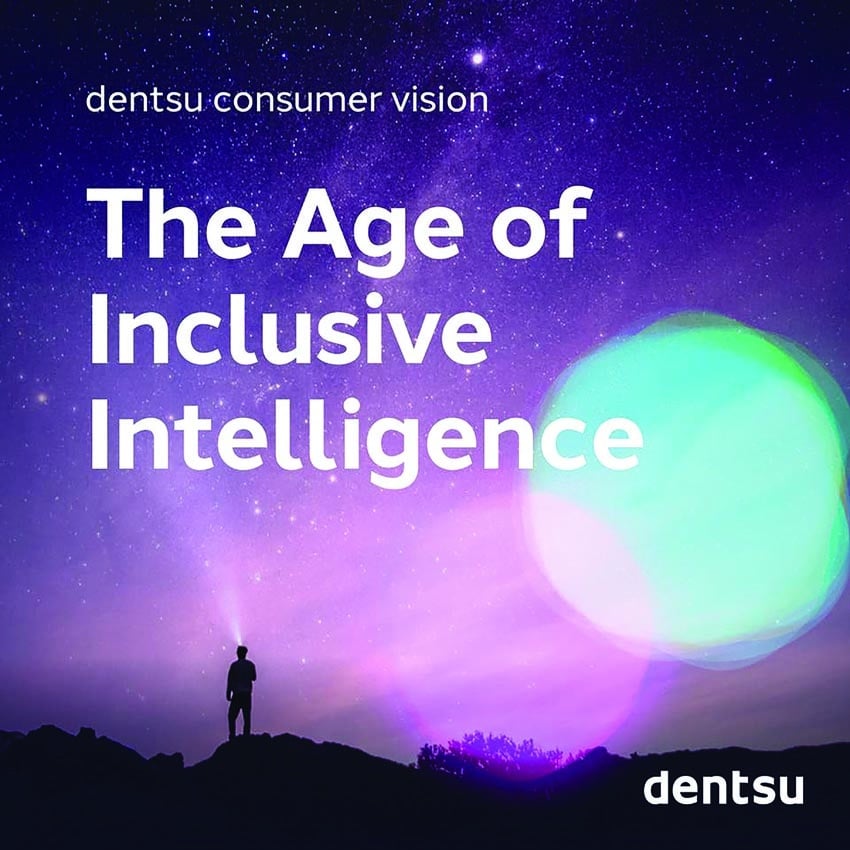Throughout the yeare 2020, dentsu, qfourth largest global communications group, carried out a survey in 20 countries with 30,000 people to outline consumption trends and possible consumer expectations by 2030.
The Covid crisis has disrupted consumers' daily lives. Lifestyles are changing, purchasing behaviors are changing, with the rise of digitalization and the boom in e-commerce. The health crisis has also changed the state of mind of citizen consumers, become more demanding of brands. Quest for meaning, preservation of the environment and a considerable attachment to well-being and health. Who is the consumer of tomorrow ? What will he expect from brands ? How the crisis changed behavior ?
The future consumer will be mainly urban. Indeed, if currently 55% of the world population resides in urban areas, there will be 68% in 2050. This consumer, whatever their nationality, will be demanding of brands. He will wait for them to reduce their environmental impact. 67% of consumers think that by 2030 brands will be taxed or penalized if they do not behave responsibly. And 66% of those surveyed believe that a company’s reputation will depend on its ability to act for the environment.. “Brands will have to consider their customers as activists, guided in their decision-making by a new range of influences or goals, from climate change to data confidentiality and new definitions of identity” explains Benoit Régent, general director of foresight at dentsu.
Technology and well-being
The consumer of tomorrow will be ready for anything… to improve your well-being ! As far as they are concerned, nearly 40% of French people would like technology to predict their state of health. The objective : increase their life expectancy and stay ever younger. A third of respondents would actually like to undergo non-essential surgery by 2030 to improve their well-being. In addition, 57% of individuals in 2030 will agree to share their DNA to obtain personalized recommendations. In the USA, the appetite for technology is even stronger. More than half of consumers would be ready to insert a chip in their brain to extend their life expectancy. Without forgetting the growth of the market for substitutes. Non-alcoholic drinks that mimic the taste and effects of drinking alcohol, fake meat… Within 10 years, everything will be put in place to preserve his health, while having the possibility of maintaining the feeling of well-being.
The reign of e-sport
Unlike technological innovations, sport brings people together, and more precisely e-sport, who has little experience of the crisis. 46% of users say the crisis has encouraged them to play via e-sport. By 2030, esports will change the way we view sports and real-world activities. The e-sport phenomenon is expected to affect two billion people in 2021. So much so that in 2030 the FIFA eWorld Cup could become the most watched sporting event in history.
Human capital at the heart of society
As new technologies gain momentum, humans remain no less essential. The French also attach great importance to it.. They are more than 73%(against 52,8% in Japan) to prefer to contact a human rather than a robot to complain about a service. Human services versus automated services will become a determining factor in consumer choice, and will be placed at the center of the brands' proposals. A l’horizon 2030, product labeling could indicate whether something was produced by a robot or a human. “We don’t believe in robotics ; a world where machines replace humans. We believe in cobotics, that is to say the way in which technology will collaborate with man, free up value-added time for him, allow them to be more empathetic and thus increase customer satisfaction” continues Benoit Régent.
Emergence of mega-brands
Consumers will choose a brand as their everyday partner. In China, four out of ten consumers would consider using a single company for all their daily living needs by 2030, such as shopping, financial services and healthcare. This mass migration to selected platforms would also call into question brand identity, because consumers increasingly favor the categories and not the brand they will buy. This is also the case with Amazon. “There will be a paradoxical and antagonistic effect. Faced with the abundance of offers, consumers will search for brands less and less, but product characteristics, notably using simplified multi-criteria comparison tools. On the other hand, a smaller number of platform brands will almost become reflexes among consumers who will no longer even look elsewhere to optimize the service specifies” Benoit Régent.
The reputation economy














